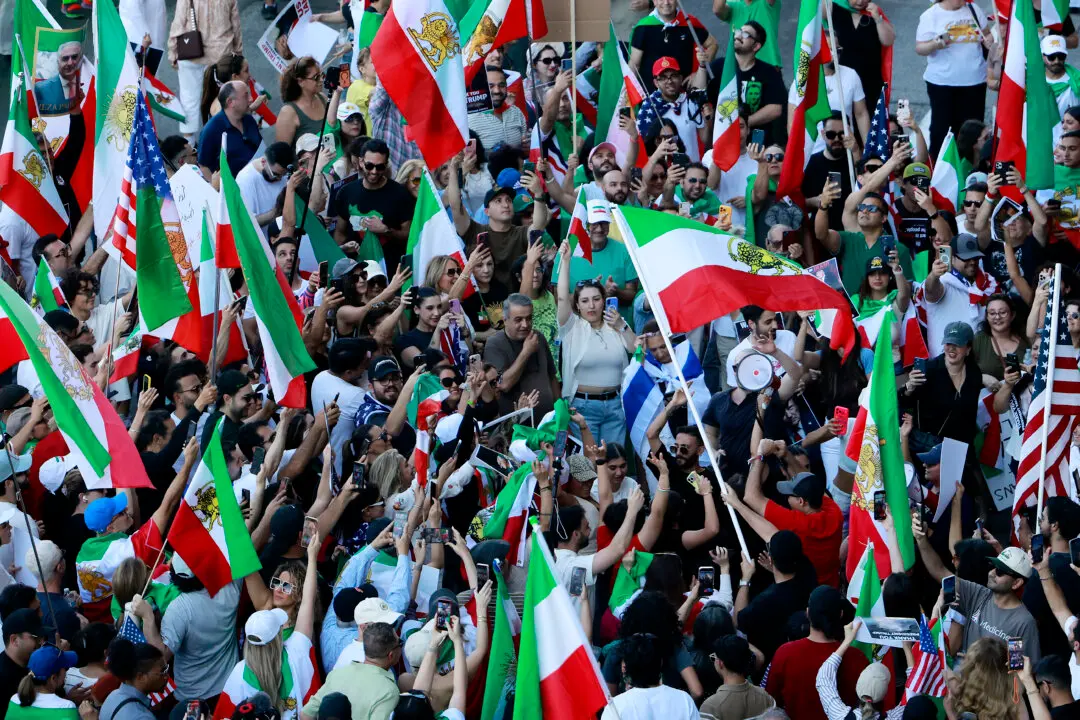Election candidates who have taken positions against the Chinese regime’s human rights infractions and interference operations are finding themselves targets of efforts to rob them of votes, such as smear campaigns, candidates and activists say.
Conservative candidate Kenny Chiu, who is seeking re-election in the B.C. riding of Steveston–Richmond East, says he has been a target of misinformation against him in previous election campaigns, but this year “it has been exceptional.”





